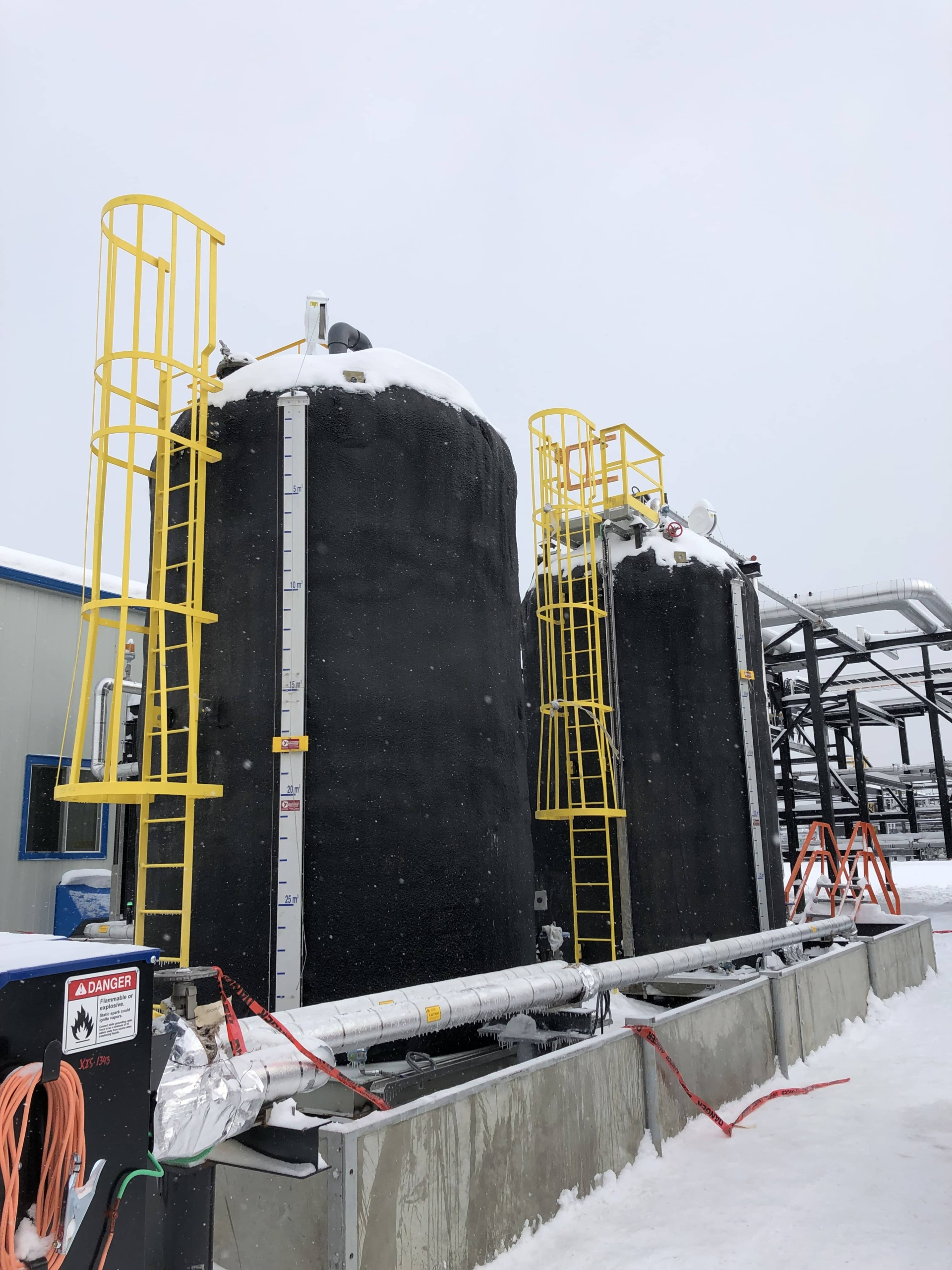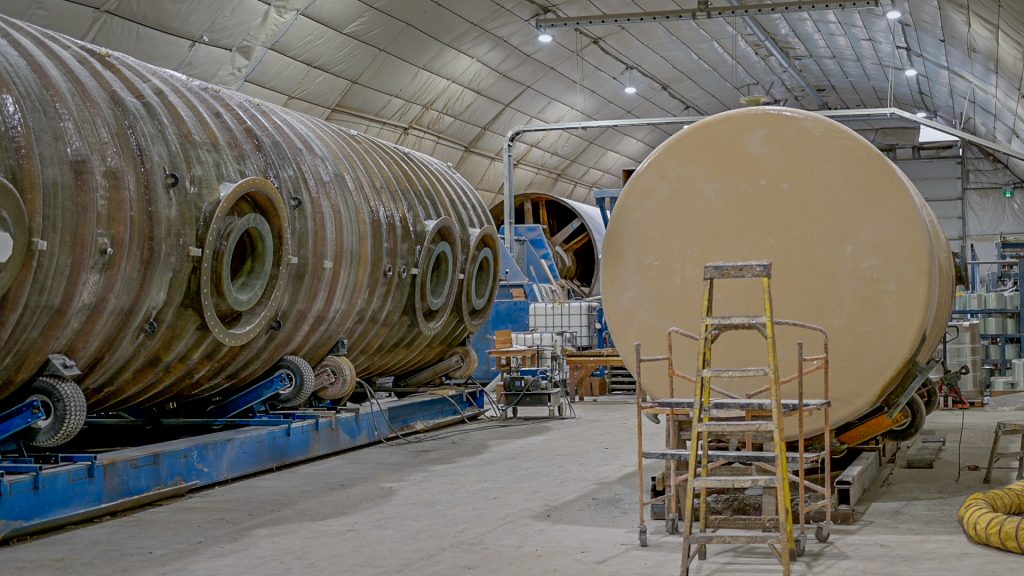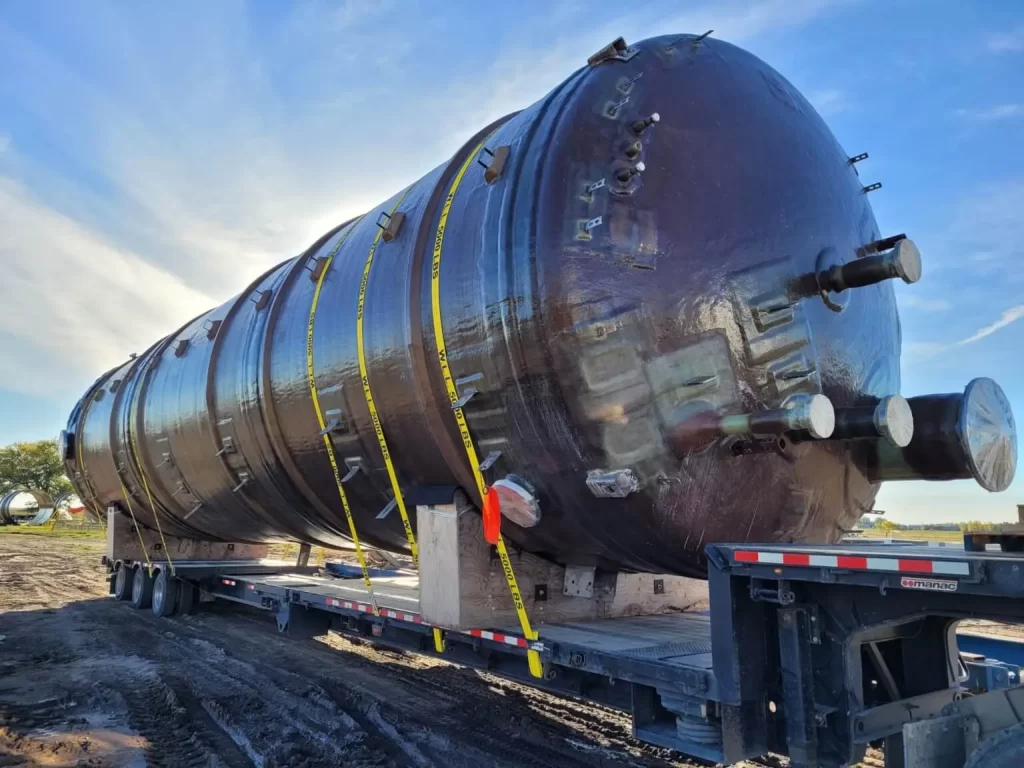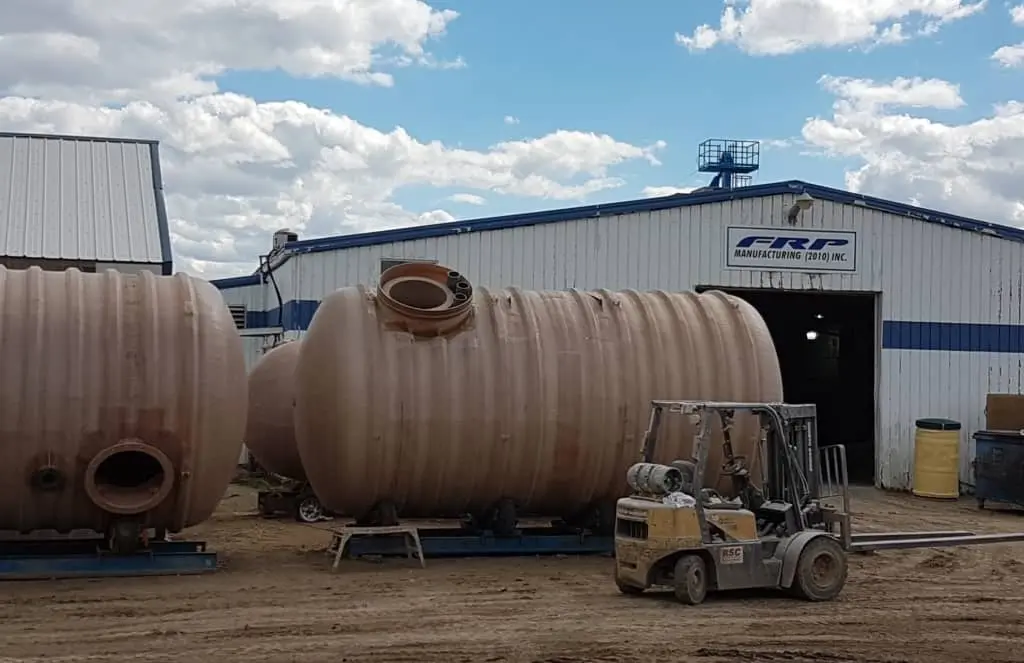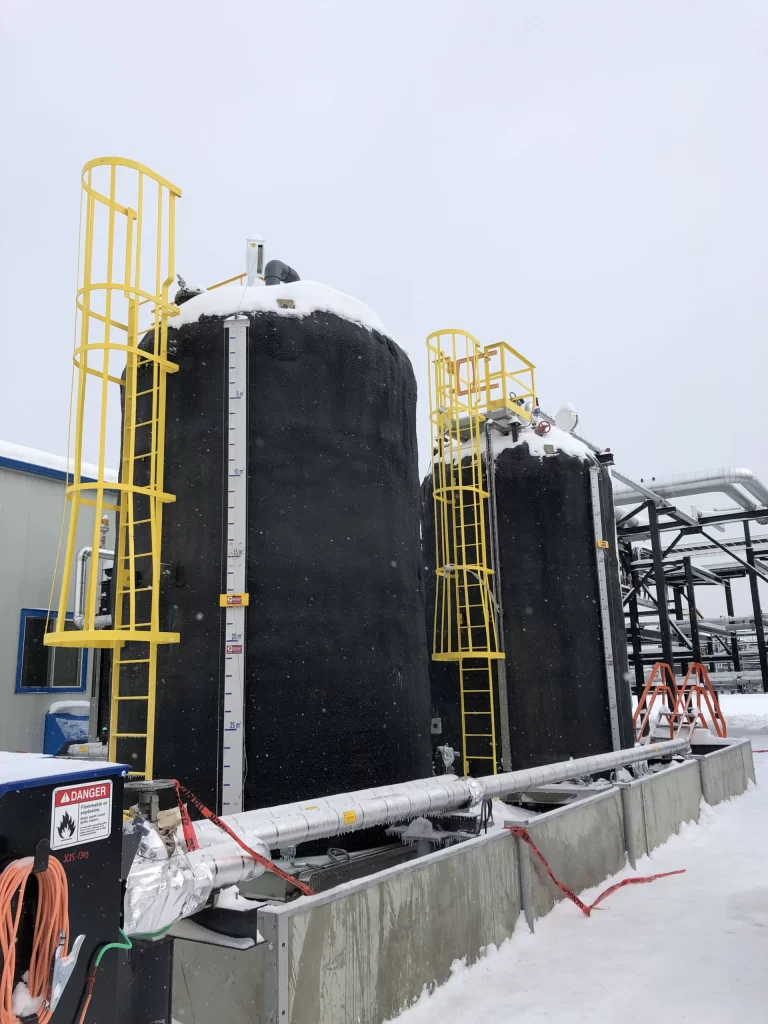Environmentally conscious construction and infrastructure have been a dominant topic recently since companies are choosing greener options to cater to more sustainability-seeking customers. The growing demand for sustainable storage solutions has led to the rise of fiberglass tank usage in several buildings, various storage operations, and countless other applications on worksites. Read ahead to discover the eco-friendly benefits of using fiberglass tanks for your sustainable storage requirements!
Environmental Benefits Of Fiberglass Tanks
Choosing fiberglass tanks for your liquid storage containment has many benefits including being good for the environment. Below are some eco-friendly benefits associated with fiberglass tanks.
FRP Tanks’ Durability Results In a Low Environmental Footprint
Fiberglass does not corrode or rust over time, unlike traditional materials such as steel or concrete. The durability and corrosion resistance of fiberglass tanks minimizes the requirement for frequent tank replacements, since fewer tanks are manufactured to supply the same demand for tanks. Fiberglass tanks outlast competing materials, which translates into less energy utilized in production and less resource expenditure for tank disposal. In addition, the prolonged lifespan of fiberglass tanks minimizes the environmental footprint linked to the production and transportation of substitute tanks.
FRP Tanks’ Leak Containment Properties Safeguards The Environment
Fiberglass tanks are frequently used for liquid and chemical storage, and their impermeability prevents leaks and spills which minimizes the likelihood of soil and water contamination. This is because fiberglass tanks are engineered with tight seams and seals, and this characteristic is crucial for applications in industries where hazardous liquids or substances are stored. Other tank materials can develop cracks over time, but fiberglass tanks maintain their structural integrity over their service lifecycle. In addition to safeguarding the environment, fiberglass tanks prevent leaks and the associated clean-up expenses and potential legal liabilities that may follow.
Lightweight Design of FRP Tanks Reduces Carbon Footprint
The lightweight design of fiberglass tanks makes transportation and installation of tanks more energy-efficient since they require less fuel for shipping and less equipment and machinery for fiberglass tank installation. This results in lower transportation-related emissions and the use of less fuel leads to a reduced carbon footprint during the transportation of fiberglass tanks compared to heavier materials such as steel or concrete.
Eco-Friendly Manufacturing Means Fewer Greenhouse Gases
The manufacturing process of fiberglass tanks requires lower energy consumption when compared to alternative materials such as steel or concrete, which have longer production times and require high energy consumption. FRP tank production also involves processes that require lower temperatures compared to manufacturing of certain metals and alternative materials. Lower energy consumption and lower temperatures contribute to energy efficiency, and result in fewer greenhouse gas emissions during the manufacturing phase of fiberglass tanks.
Raw Material Optimization Lowers Environmental Impact
Fiberglass tanks are made from a combination of glass fibers and resins. Its manufacturing process generally utilizes recycled glass, which then reduces the demand for fresh materials and minimizes the environmental impact that is associated with resource extraction. In addition, some fiberglass tanks can also be recycled which lessens their environmental impact when it is time for fiberglass tank disposal.
Chemical Resistance of FRP Tanks Protects The Environment
Fiberglass tanks are corrosion-resistant to external corrosion from the tank’s surrounding soil and also internal corrosion from the substances being stored within the tank. This chemical resistance minimizes the requirement for protective coatings or linings that may contain environmentally hazardous substances. The chemical resistance of fiberglass tanks leads to a longer lifespan of these tanks and reduces the need for frequent tank replacement or maintenance, which reduces the use of additional materials.
FRP Mocoat is committed to building reliable and long-lasting storage solutions while keeping your sustainability goals in mind. Contact us today to find a green storage solution that is right for you.

